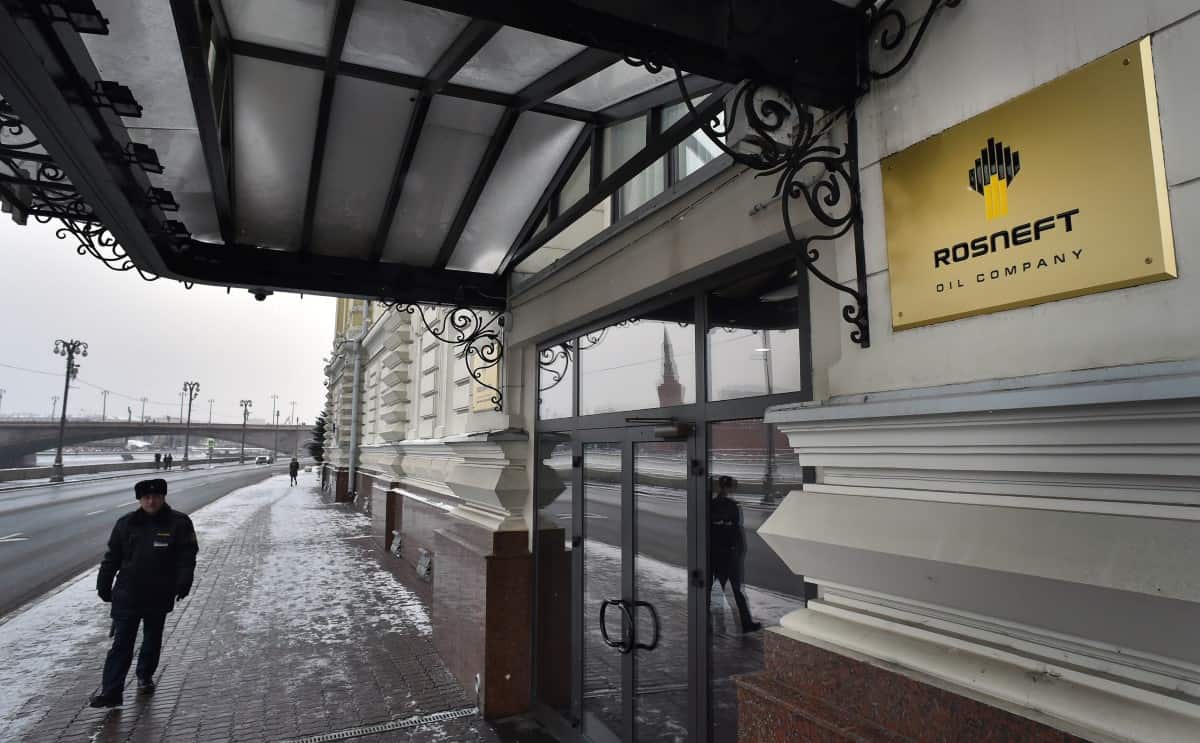MOSCOW, RUSSIA – Russian energy giant Rosneft said first half-year net profit rose 13.1 percent despite “adverse external factors” amid the Russian offensive in Ukraine.
The Russian energy giant net profit rose to $7.2 billion (432 billion rubles) following an increase in crude oil prices due to rising global demand and supply constraints brought about by the Russian operation in Ukraine.
The company’ revenues increased by 32.5 percent, reaching $86.7 billion (5.17 trillion rubles).
In a statement, Rosneft chief executive Igor Sechin hailed “stable results” despite the “unprecedented pressure of adverse external factors and unlawful sanctions.”
The company’s statement said that “significant increase in the cost of logistics, rise in railroad transportation tariffs (…) as well as higher electricity costs” had a negative impact on the company.
So did the “unprecedented increase of the Bank of Russia’s key rate” that was as high as 20 percent and has now gone down to eight percent.
Having processed 45.8 million tonnes of oil this semester, Rosneft said its debt decreased by 12 percent from the beginning of the year.
It also announced the “discovery of two new deposits with recoverable crude oil reserves of 101.4 million tonnes” in the area of the gigantic project “Vostok Oil” in the region of Krasnoyarsk, Siberia.
The construction of the Vostok Oil project facilities, which started in 2021, “continues as planned” the statement added.
The Russian energy giant previously announced it expected to start hydrocarbon production at the Vostok project in 2024, where it is aiming to produce up to 100 million tonnes per year by the beginning of the next decade.
The beginning of 2022 was not smooth sailing for Rosneft.
After the beginning of the offensive UK energy company BP exited its 20 percent shareholding in Rosneft.
In May, former German chancellor Gerhard Schroeder, who was chairman of the board of the company since 2017, stepped down from his position after a flurry of criticism in Germany.
He remains head of the shareholder committee at the Nord Stream AG, which operates the controversial Nord Stream 1 gas pipeline from Russia to Germany, which has been idle since the beginning of the month.








